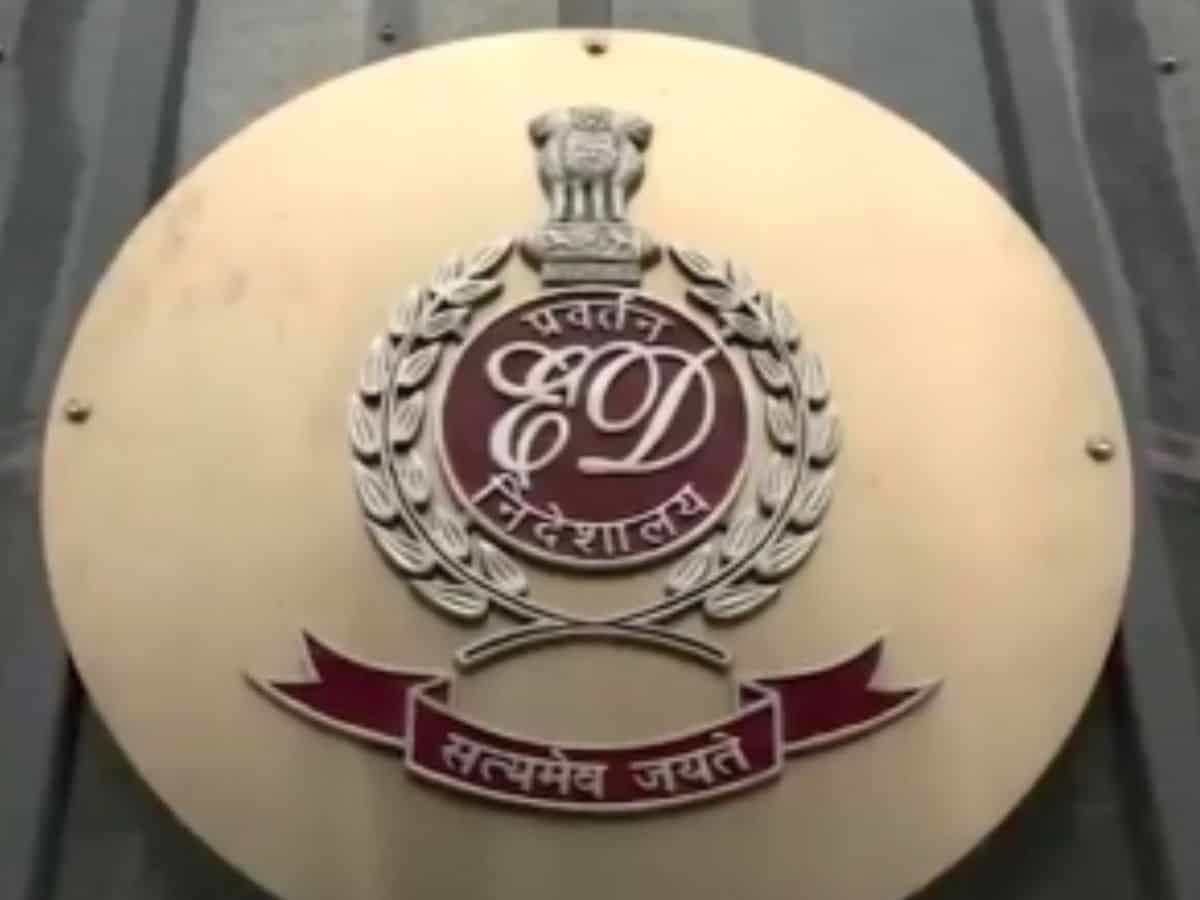
New Delhi: The ED, which produced Delhi Chief Minister Arvind Kejriwal in a court here on Friday and sought his custody, said that it had complied with “relevant statutory requirements” while arresting him on Thursday in a money laundering case related to the alleged liquor policy scam.
The special court subsequently sent him to ED custody for six days, till March 28.
As Kejriwal was produced before the court after being in the ED’s custody overnight, senior advocate Abhishek Manu Singhvi, who appeared for Kejriwal, at the outset, questioned the legality and necessity of the arrest.
In response, Additional Solicitor General S.V. Raju, appearing for the central probe agency, submitted “that the investigation is in the exclusive domain of Investigating Officer of the case as has been laid down by the Supreme Court in the case of State of Bihar & Anr. vs. J.A.C. Saldanha & Ors., (1980) 1 SCC 554 and there has been due compliance of the relevant statutory requirements relating thereto”.
The ED had termed Kejriwal the kingpin and the key conspirator of the alleged excise scam in collusion with other ministers of the Delhi government, AAP leaders, and other persons. It filed an application under Section 167(2) of the CrPC, along with Section 65 of the Prevention of Money Laundering Act, 2002, seeking his custody for 10 days.
The case was initiated by the ED regarding offences under the PMLA, linked to a CBI investigation into a criminal conspiracy and irregularities in the Delhi government’s excise policy. Several complaints and chargesheets have been filed against multiple accused individuals, with some facing trial.
Kejriwal’s side had argued against ED custody. Senior advocates Ramesh Gupta, and Vikram Chaudhary, who also appeared for Kejriwal, argued against the existence of criminal conspiracy and questioned the timing of the arrest, alleging it was politically motivated, coming ahead of the Lok Sabha elections beginning next month.
They contended that the arrest violated the provisions of the Prevention of Money Laundering Act (PMLA) and established legal principles. Furthermore, they challenged the lack of evidence linking the accused to money laundering activities and disputed the allegations of using proceeds of crime in electoral activities.
The defence also questioned the credibility of statements obtained by the ED, suggesting coercion and “extortion” tactics.
“It is further submitted that there is no criminal conspiracy of any nature which can be attributed to the accused in any manner and further since the predicate offence itself does not have any allegations against the accused, the prayer seeking custody of the arrestee must be rejected,” counsel for Kejriwal argued.
“There is no basis to the allegations that the accused has used any proceeds of crime in Goa elections and the ED is levelling false allegations in this regard. The accused has not been named in any supplementary complaint filed till December 2, 2023.”
However, the ED contended that an accused need not have been formally charged in the predicate offence to be implicated under the PMLA.
Furthermore, it countered the defence’s arguments regarding inducements given to co-accused to become approvers, citing a Supreme Court judgement.
It also held that under Section 167 CrPC, the magistrate’s role is to assess the existence of material justifying remand, not to conduct a detailed inquiry into its sufficiency. The prosecution also pointed out the timing of a witness statement obtained by the ED in March 2024, dismissing claims of arbitrary arrest.
The agency also presented evidence linking the accused to the alleged scam claiming involvement in policy formulation and the utilisation of proceeds of crime.
Addressing the accused’s dual capacity as an individual and as the national Convenor of the Aam Aadmi Party (AAP), the prosecution argued that there is no legal impediment to arresting him in both capacities.
Regarding custody, the prosecution asserted the necessity of custodial interrogation due to the accused’s alleged non-cooperation and the need to confront him with digital evidence and voluminous records seized during the investigation.
Granting ED custody of Kejriwal, The court also granted him limited access to legal counsel and family members during the period and directed the provision of necessary medical treatment and a prescribed diet.
Meanwhile, an application was filed regarding alleged mistreatment by security staff, prompting the court to request the preservation of CCTV footage for further review.
